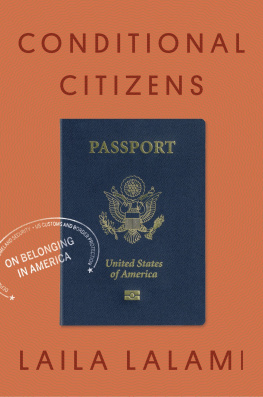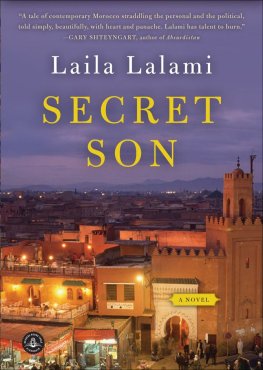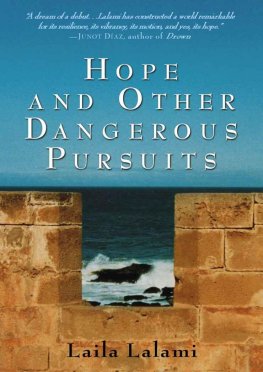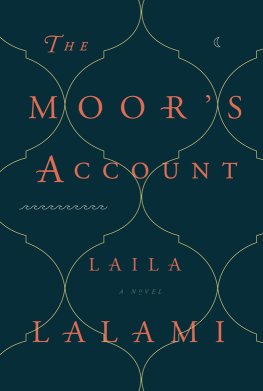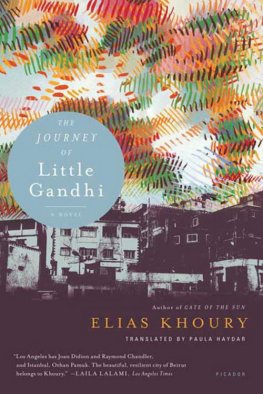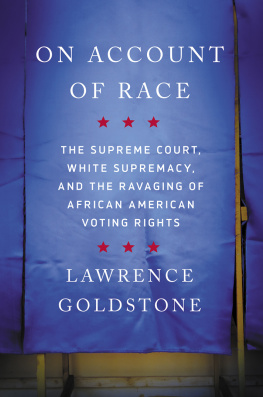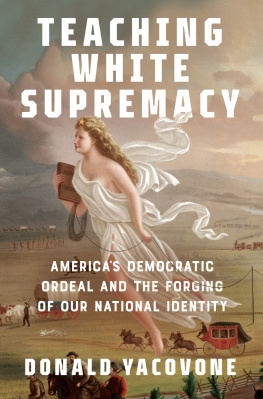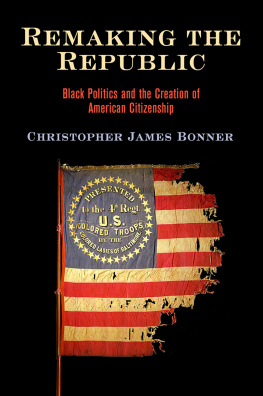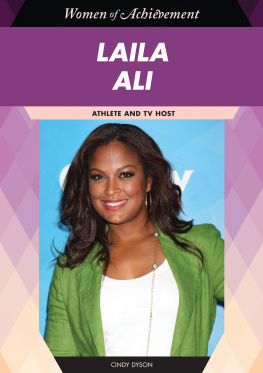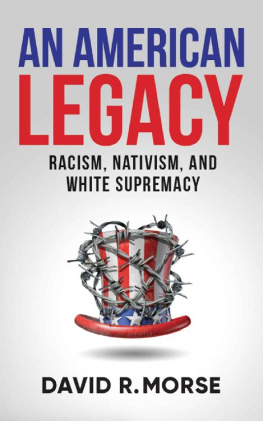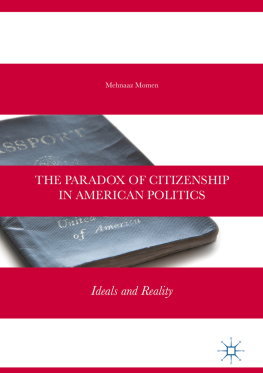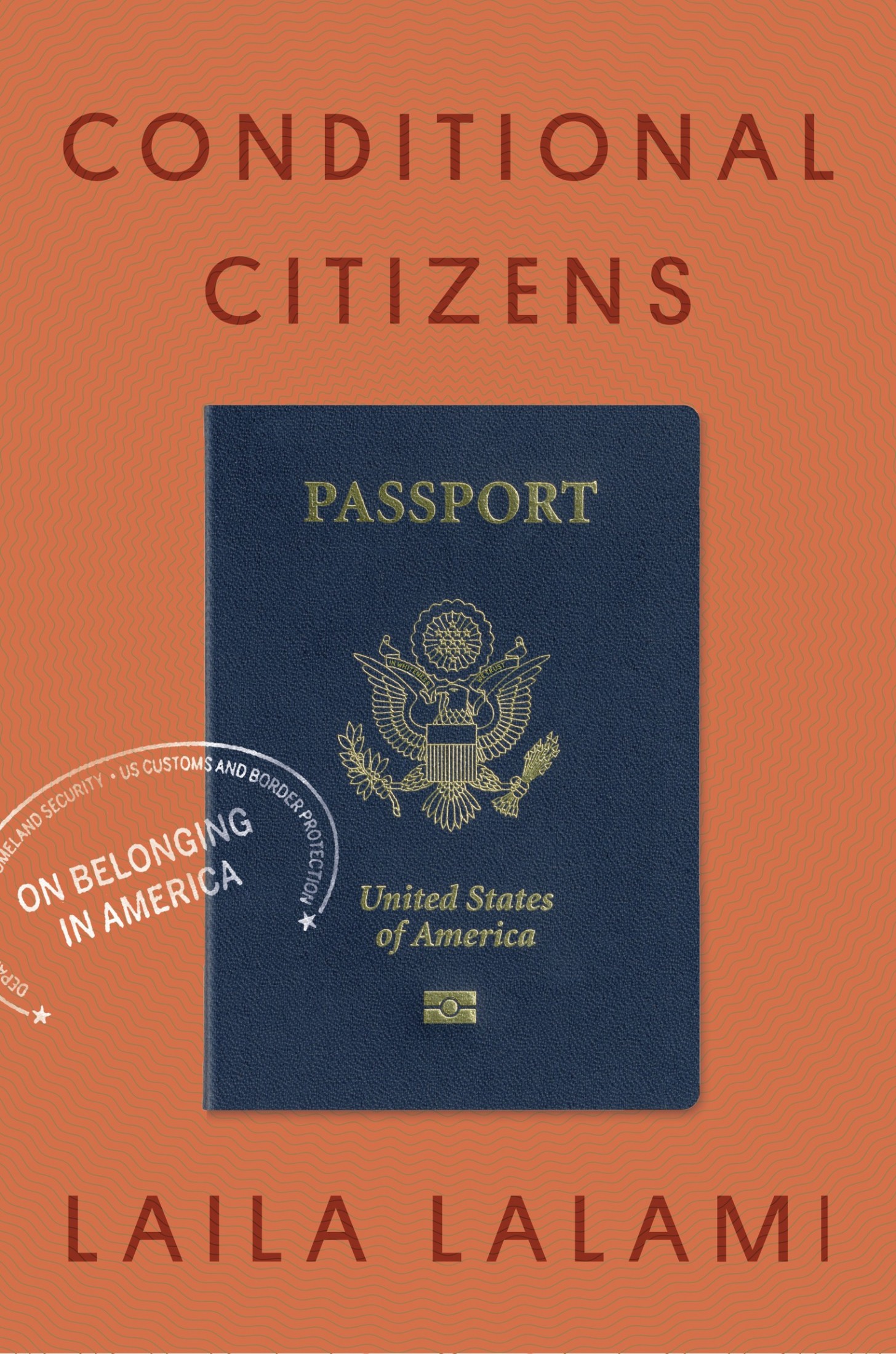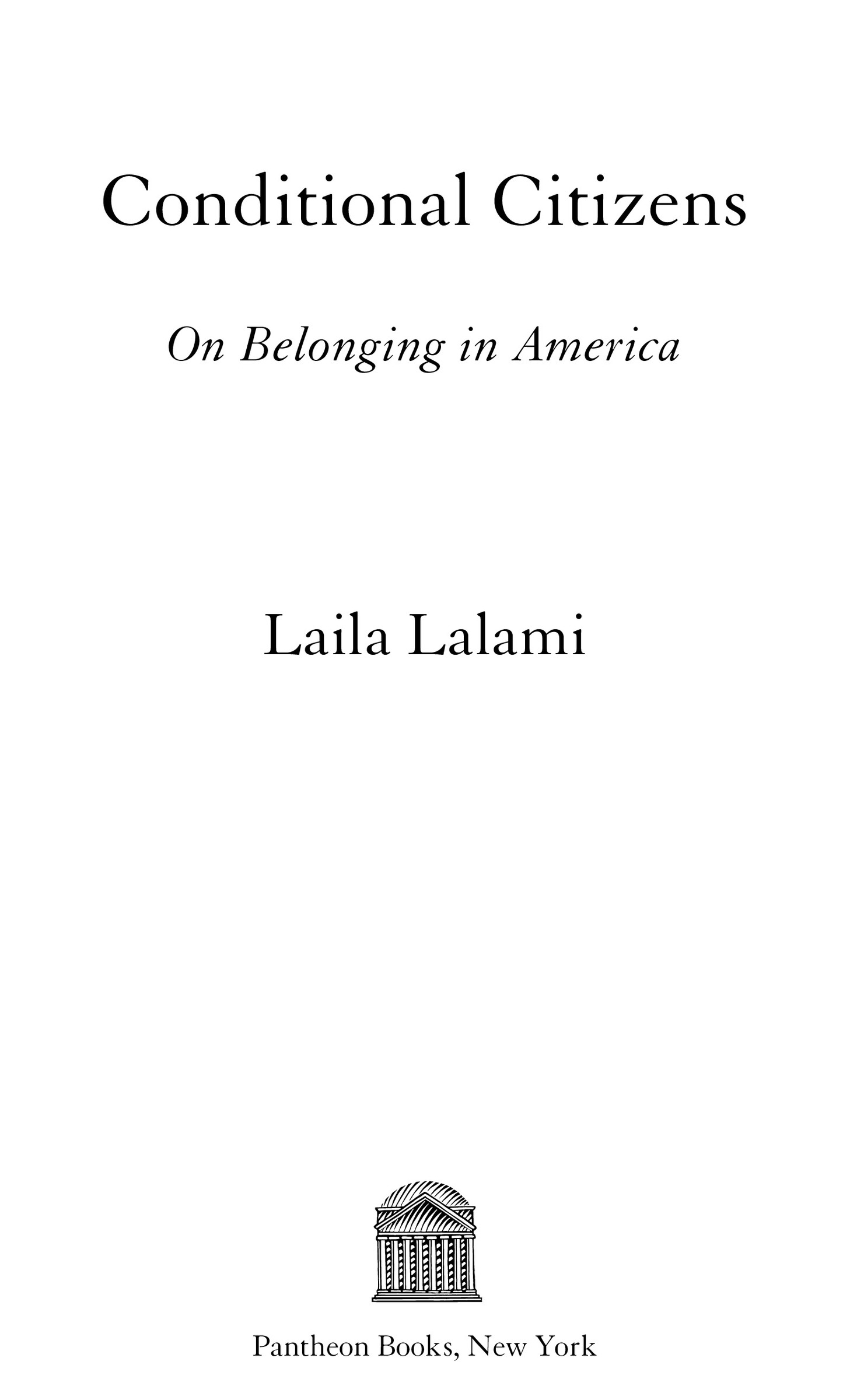ALSO BY LAILA LALAMI
The Other Americans
The Moors Account
Secret Son
Hope and Other Dangerous Pursuits
Copyright 2020 by Laila Lalami
All rights reserved. Published in the United States by Pantheon Books, a division of Penguin Random House LLC, New York, and distributed in Canada by Penguin Random House Canada Limited, Toronto.
Pantheon Books and colophon are registered trademarks of Penguin Random House LLC.
Small portions of this book appeared, in different form, in The Nation, The Los Angeles Times, The New Yorker online, and The New York Times Magazine.
Library of Congress Cataloging-in-Publication Data
Names: Lalami, Laila, [date] author.
Title: Conditional citizens: on belonging in America / Laila Lalami.
Description: First Edition. New York: Pantheon Books, 2020. Includes bibliographical references.
Identifiers: LCCN 2019037549 (print). LCCN 2019037550 (ebook). ISBN 9781524747169 (hardcover). ISBN 9781524747176 (ebook).
Subjects: LCSH: CitizenshipUnited States. United StatesEmigration and immigration. NaturalizationUnited States. DiscriminationUnited States.
Classification: LCC JK1759.L223 2020 (print) | LCC JK1759 (ebook) | DDC 323.60973dc23
LC record available at lccn.loc.gov/2019037549
LC ebook record available at lccn.loc.gov/2019037550
Ebook ISBN9781524747176
www.pantheonbooks.com
Cover image: (U.S.A. passport seal) Alamy
Cover design by Linda Huang
ep_prh_5.5.0_c0_r0
For Alex
CONTENTS
Allegiance
This is a story about love and country, and I will tell it to you how I remember it, in strands that took me years to untangle and then thread together. I became an American on a sweltering day in 2000, a day when the marine layer over Los Angeles cleared off before breakfast. The exact date had been circled on my wall calendar with the same blue Sharpie I used to mark holidays, and I thought of it as an equally festive occasion, the culmination of a journey that had begun when I came to the United States as a foreign student eight years earlier. Over the course of those years, I had adopted, almost without realizing it, two of the more emblematic trappings of that particular era: I worked for a technology startup company and drove an SUV for which I had no discernible need. The deregulation of banks, the war in the Balkans, and Bill Clintons angry denials that he did not have sex with that woman were in the past. The NASDAQ was at a record high; unemployment was at a record low. The future seemed full of possibility.
The citizenship ceremony was held at the Pomona Fairplex, a 487-acre facility best known for hosting the Los Angeles County Fair every summer. I remember wearing a sleeveless dress, a silver necklace my mother had given me, and a pair of new shoes that blistered my feet. My husband was in the same black suit and tie he had worn at our wedding. Ushers directed us to Building Four, a large, gray hall where I turned in my alien-registration card and was handed a miniature flag in return. Folding chairs had been set up in two columns: those who were to be sworn in had to sit on the left side of the aisle, their guests on the right.
At precisely 9:00 a.m., the first few notes of The Star-Spangled Banner played on the loudspeaker, and a hush fell over the audience. The air smelled of fresh roses and heavy cologne, but the mix could not fully disguise the scent of three thousand people gathered in a windowless hall in ninety-eight-degree weather. The presiding judge, an elderly man in wire-rimmed glasses, came to the lectern and delivered a homily about the rights and responsibilities that awaited us. Citizenship was a privilege we had earned, he said, and we were to honor it by participating in civic lifevoting in elections, serving on juries, even running for office. He had kindly eyes and a warm demeanor; it seemed impossible that he would ever pass a cruel or unfair sentence on anyone in his courtroom. After his speech, he moved to the center of the stage and asked us to stand so that we could recite the oath of allegiance. I raised my right hand.
Love had brought me to that moment. When I came to the United States, my intention had been to complete a doctoral degree in linguistics and return home to Morocco, where I hoped to work as a college professor. But one day I met a man who made me reconsider many things, not least of which my distrust of romance. Alex and I had nothing in commonhe was a network engineer, listened to grunge music, liked to spend entire weekends hiking up one mountain or another in Southern California. My hobbies were limited to reading. Still, whenever we were together, we lost track of time. I remember us driving to a movie in Century City one night, and missing the freeway exit twice because we were so engrossed in our conversation. After it became clear that our relationship was serious, we realized that one of us had to live in the others country. I was young and in love; I made a commitment to my husband and another to his homeland.
I applied for permanent residency, a process that required submitting to a background check, sending in tax returns, going on interviews, and jumping through various bureaucratic hoops. One day, a notice arrived from the Department of Justice informing me that I was eligible for naturalization. I spent weeks studying for the citizenship exam. Alex helped by quizzing me while we were eating dinner or washing dishes. How many voting members are there in the House of Representatives? Four hundred and thirty-five. Who wrote the Declaration of Independence? Thomas Jefferson. What stops a branch of government from being too powerful? Checks and balances. But in the end, I didnt find the test particularly challenging. Perhaps it was because, long before setting foot in the United States, I had taken courses on its history, studied its literature, and become fluent in its culture. (The familiarity, I realized within days of arriving in California, was not mutual.)
Then the moment came when I had to take the oath. I swore to renounce allegiance and fidelity to any foreign prince of whom I had been a subject, to support and defend the Constitution and laws of the United States, and to bear true faith to the same. Faith was an apt word for the leap I was taking: I was placing my trust in America. Alex and I came out of Building Four, holding hands and squinting in the sunlight. Later that morning, he dropped me off at my office, and an hour later I was called to a meeting. I opened the door to the conference room to find my colleagueslexicographers and programmers and business analystshuddled together under red, white, and blue balloons. Surprise! they hollered in unison. On the table was a catered lunch of hamburgers, apple pie, and lemonade.
As I said, a festive occasion.
Nearly twenty years have passed since that summer morning at the Pomona Fairplex. I am no longer a starry-eyed bride, but maturity has its advantages: I can see better now what I had perceived only dimly back then. Being a citizen of the United States, I had thought, meant being an equal member of the American familya spirited group of people of different races, origins, and creeds, bound together by common ideals. As time went by, however, the contradictions between doctrine and reality became harder to ignore. While my life in this country is in most ways happy and fulfilling, it has never been entirely secure or comfortable. Certain facts regularly stand in the way, facts that make of me a conditional citizen. By this I mean that my relationship to the state, observed through exposure to its policies or encounters with its representatives, is affected in all sorts of ways by my being an immigrant, a woman, an Arab, and a Muslim.

